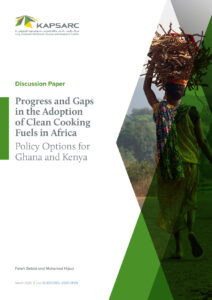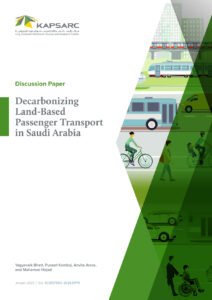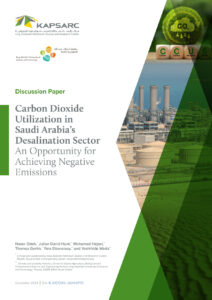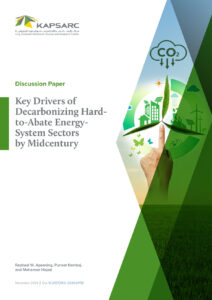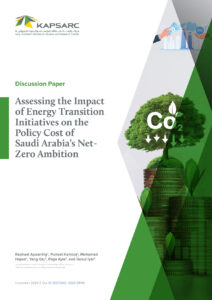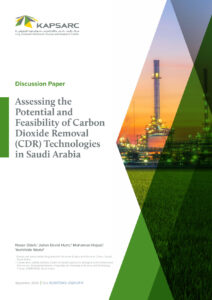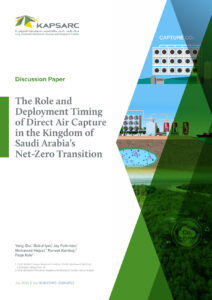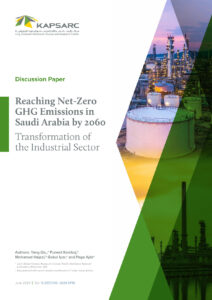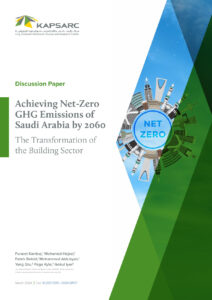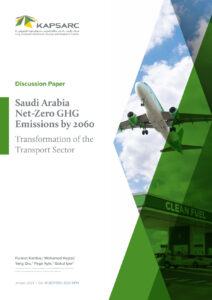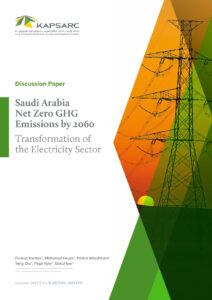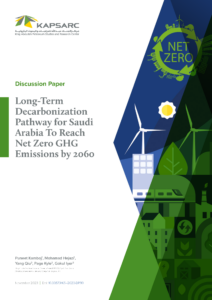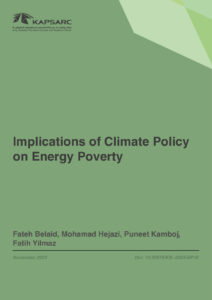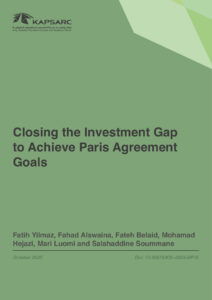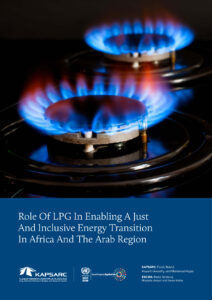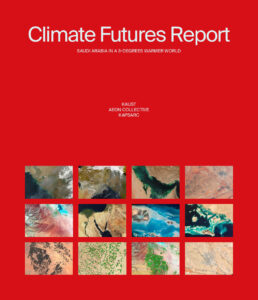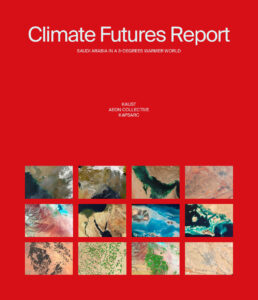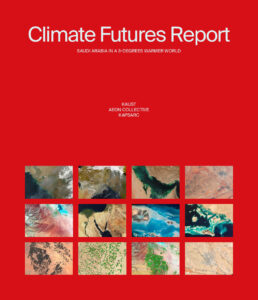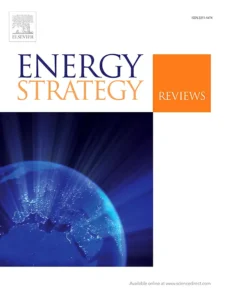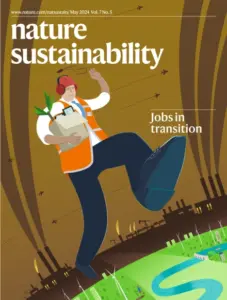Mohamad Hejazi is the executive director for the Climate and Sustainability Program at KAPSARC. He also leads the Climate Change Adaptation and Mitigation Partnership (CAMP) project, and his work focuses on climate change research, climate impacts and adaptation, climate mitigation, integrated assessment modeling, and energy-water-land nexus. Prior to joining KAPSARC, Mohamad worked as a senior research scientist at the U.S. Department of Energy’s Pacific Northwest National Laboratory, where he served as the principal investigator for the Global Change Intersectoral Modeling System project, a multi-million-dollar project that includes over 40 interdisciplinary researchers across many institutions. He has also led and contributed to projects with the World Bank, Inter-American Development Bank, US-AID, US-EPA, USGS, NASA, and NSF-INFEWS. Mohamad has authored over 100 journal publications, and he has also served as a contributing author to the Fourth U.S. National Climate Assessment, and the AR6 IPCC WG III report on the mitigation of climate change. Mohamad holds a B.S. and M.S. from the University of Maryland, College Park, and a Ph.D. from the University of Illinois, Urbana-Champaign.
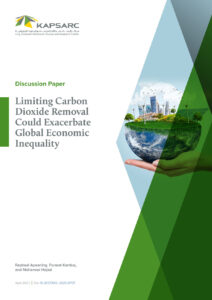
Limiting Carbon Dioxide Removal Could Exacerbate Global Economic Inequality
The Paris Agreement’s goal of limiting global warming to well below 2 degrees Celsius (°C), and ideally 1.5°C, above pre-industrial levels, places significant emphasis on carbon dioxide removal (CDR) technologies. However, the global landscape for CDR deployment remains uneven, with significant disparities in technological capacity, economic readiness, and regional ambition. This study investigates how limited access to CDR technologies could exacerbate global economic inequality under a 1.5°C pathway. Using the Global Change Analysis Model (GCAM v6.0), six scenarios – ranging from unrestricted CDR availability to constrained deployment – are evaluated. Our findings reveal that constrained CDR availability significantly increases median global carbon prices, rising from US$588 per ton of carbon dioxide (tCO2) in the full CDR portfolio scenario to $937/tCO2 by 2055 in the most restrictive scenario. By 2100, some regions will face prices exceeding $3,000/tCO2, underscoring stark regional inequalities. These elevated carbon prices could deepen economic disparities, particularly in developing nations and fossil fuel-dependent economies. Furthermore, constrained CDR availability could also amplify inequalities in energy and food security, disproportionately affecting poorer regions. The study underscores the need for equitable CDR access to support a just global transition to a low-carbon future, offering valuable insights for policymakers designing more equitable climate strategies.
16th April 2025
